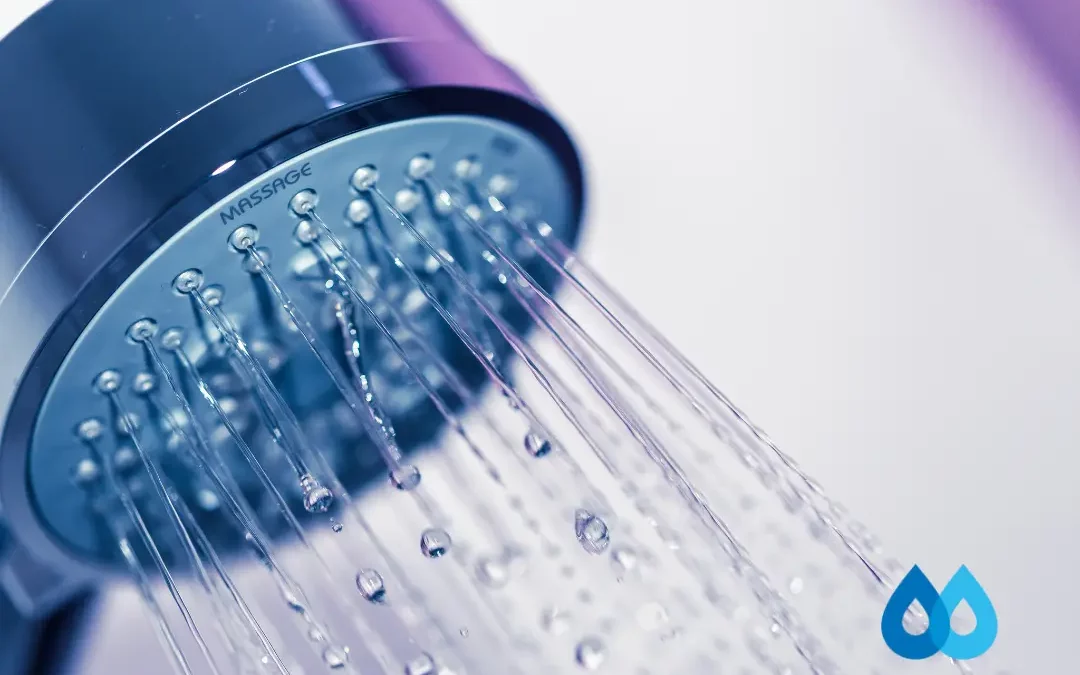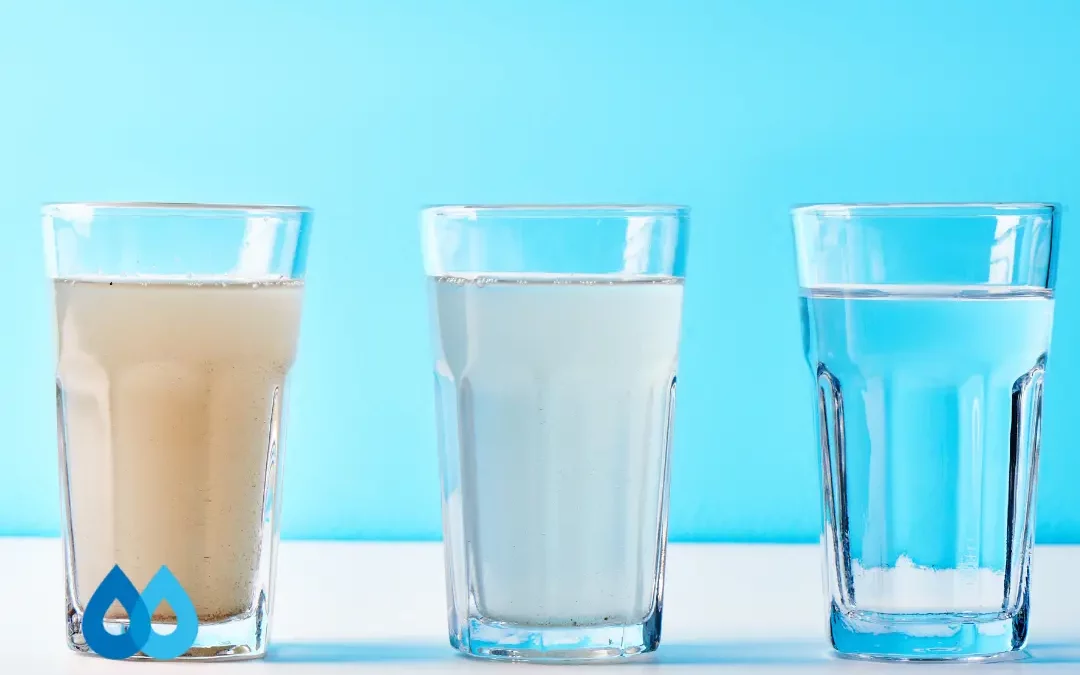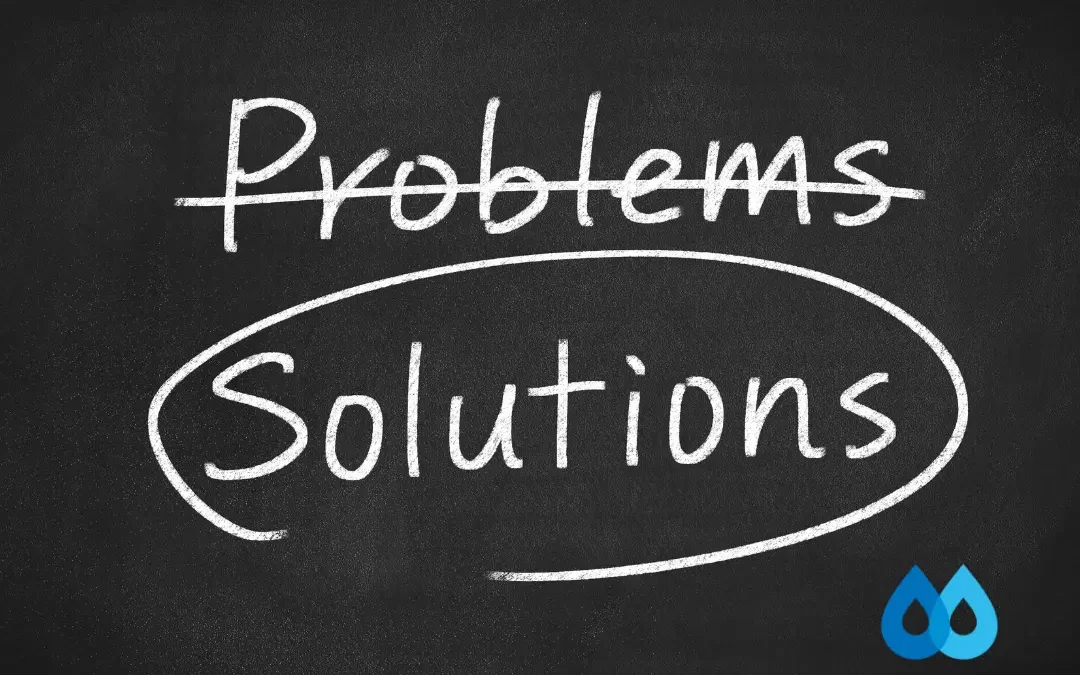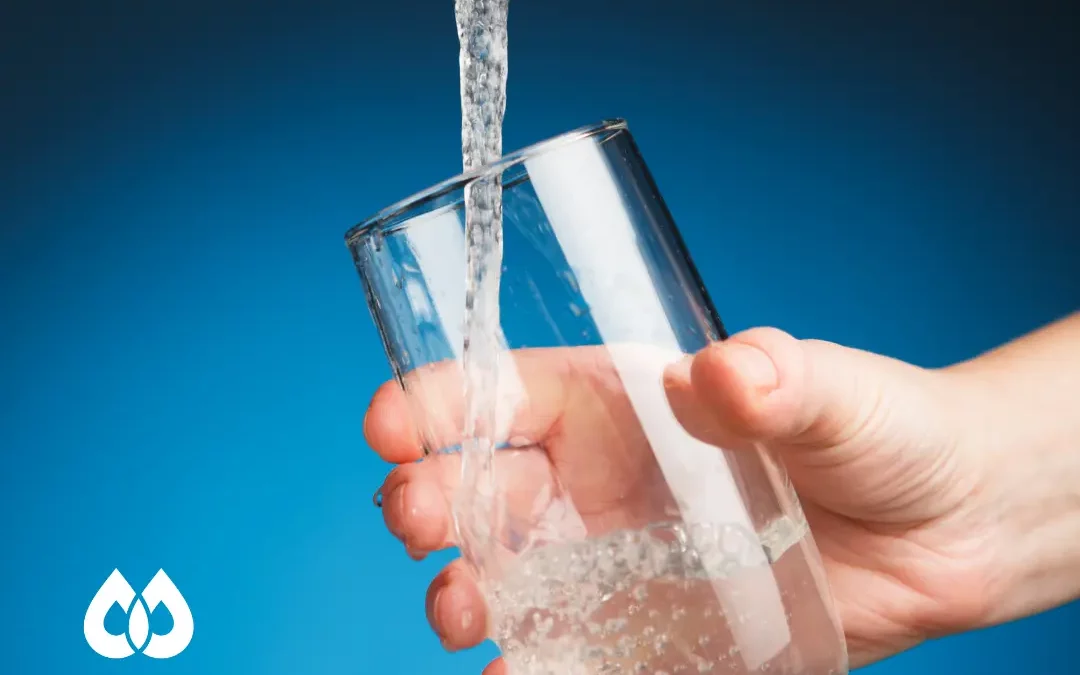Here in Escondido, we are well acquainted with hard water. We know that our faucets and shower doors get water spots and that crusty white film, it takes a whole handful of shampoo to really get bubbles in our hair, and we have to drain and flush our hot water heater every few years. But, Escondido, do you know just how hard our water is?
According to the City of Escondido 2009 Consumer Confidence Report – our water ranged in hardness from 11.1 to 16.4 grains per gallon. What does that mean? That means our water is VERY hard. Very hard water is classified as water that contains 10.5 grains per gallon – and here we’ve been up over 16 grains per gallon! These grains per gallon – you might be wondering about that. A grain is approximately equal to a quantity of minerals about the size of an aspirin dissolved into one gallon of water. To put that into Escondido’s terms, we have about 11-16 aspirin pills dissolved into every gallon of our water. Of course, we’re not really talking about aspirin; we’re talking about calcium and magnesium.
These minerals, while not toxic to the human body, cause a number of disagreeable problems with the outside of the body and our homes. With hard water, you may find that it takes a substantial amount of soap and shampoo to create a satisfactory lather, and then once you do finish your shower, your skin and hair are dry. This dryness is actually a layer of hard water minerals – just like the ones on your shower door. This buildup can cause you to have flat, unmanageable hair, and your skin to need extra moisturizers.
Your household also is adversely affected by hard water. Appliances and plumbing that use water to function may become clogged or corroded. All too well, I remember mornings on my knees with my head stuck in my dishwasher, using a brush and toothpick to dig the crust out of the little holes in my dishwasher. The water was so hard that it would completely plug the water sprayers! If you’ve lived in your home for a number of years, you may have had to replace expensive appliances like water heaters and washing machines – that likely would not have been worn out if they’d not been exposed to hard water for so many years. Some sources claim that the life expectancy of appliances used with hard water can be decrease by as much as a third. Not only do these appliances wear out sooner, they require more harsh chemicals to do their job. For example, to run your dishwasher in Escondido, you probably completely fill the soap and rinse aid reservoirs, to wash a load of laundry takes a full scoop of detergent, and then you must constantly spray down your faucets and shower doors with CLR or Scrubbing Bubbles. If you lived in a soft-water area, you’d use only a fraction of these cleaning agents.
Fortunately, we do have a choice. We can get rid of the hardness and take a break from scrubbing away water spots and replacing expensive appliances. How? With a water softener. Water softeners, typically installed in a garage or other convenient location near the point water enters your residence, run the water through a matrix of beads coated with sodium or potassium. The sodium swaps places with the calcium and magnesium, leaving the hard water compounds stuck to the matrix. Sodium does not react negatively with plumbing or build up on appliances, so the problems with hard water are eliminated.
Water softeners are one of the most affordable, and contrary to many beliefs, environmentally responsible water treatment options available. Whole-house water softeners are available for rent or purchase, come with meters to prevent water waste, and can even be accompanied by portable exchange tank services to eliminate any salt discharge. Water softeners can take the hard out of our hard water, Escondido.



